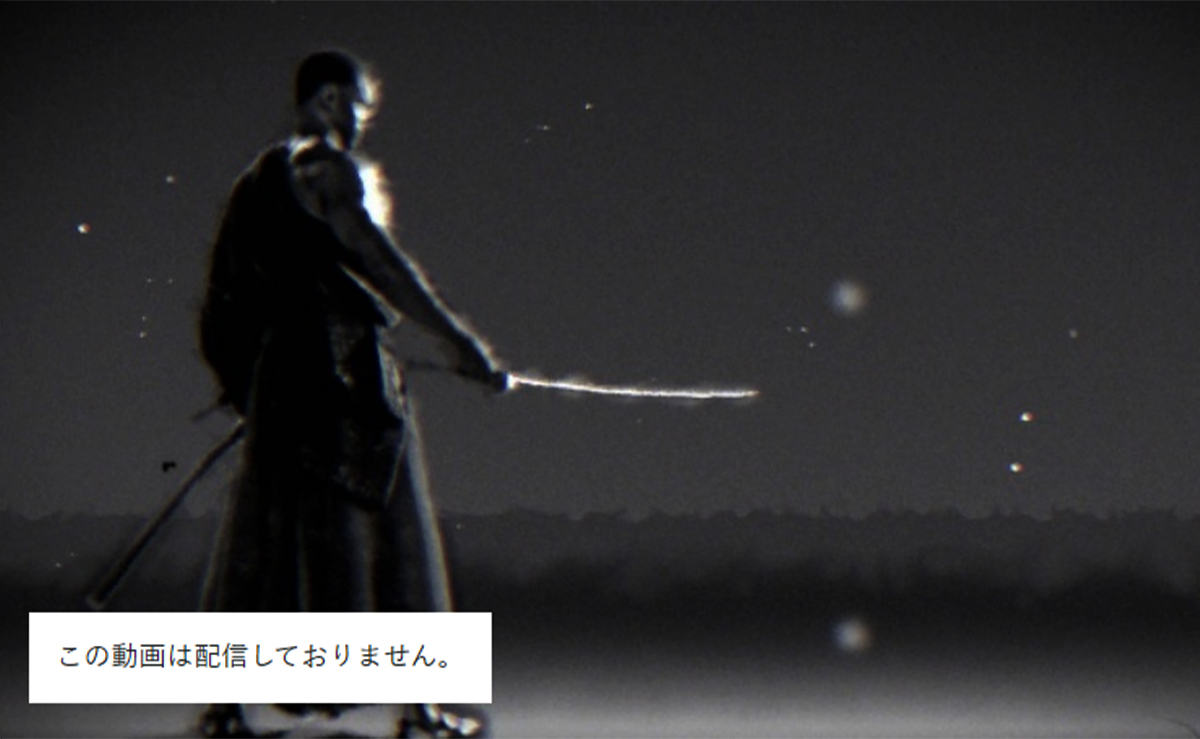Since the last time I posted about this, I went to track down the entry of Yasuke in the Maeda Clan version of the
Shinchōkōki. Kaneko Hiraku (professor at the Historiographical Institute of the University of Tokyo, the most prestigious historical research institution in Japan) includes in his book below, paired with the translation in Thomas Lockley's book (which is correct):
Ever since previously people have been arguing with me that "stipend" could be given to anyone, not just samurai, without considering the word’s meaning in Japanese. I have already mentioned how the word was used in Japanese history. Let’s look then specifically at how Ōta Gyūichi, the author of the chronicles, used it. Here are all the other entries that mention the word "stipend" (specifically 扶持), each with link to the exact page of the
Shinchōkōki. I will also quote the translation by J. P. Lamers, so this time the translation is academically published.
- Shiba Yoshikane in 1553 – son of the previous and soon to be the next de jure lord of Owari, before Nobunaga ran him out of town.
2.
Saitō Dōsan. Recent research suggest this story is inaccurate, but I’m just demonstrating how Ōta Gyūichi uses the word.
3.
Nobunaga remonstrating Ashikaga Yoshiaki in 1573 for not giving out stipend properly.
4.
A samurai captured in 1573 who would rather die than submit to Nobunaga.
5.
Nobunaga to his own "companions" (think of Alexander’s foot and horse companions) in 1575 because he was feeling generous that day and had just given a bunch of cloth to a beggar and then felt like also rewarding his men who were supposedly moved to tears by the former act of generosity.
6.
Kuki Yoshitaka and Takigawa Kazumasu in 1578 for building big ships.
7.
A young samurai in 1579 for being a good wrestler, since Nobunaga loves wrestling.
8.
As part of his order preparing for his soon-to-be conquests in 1582, Nobunaga ordered his vassals to hire good local samurai.
So the word was not a one-off usage by Ōta Gyūichi and every single usage of the word stipend was, without exception, either giving it to samurai (some incredibly high ranked) or used in the context of hiring samurai or samurai’s salary. This includes a young sumo wrestler who may or may not have been a samurai, but was definitely hired by Nobunaga as his personal samurai. There is therefore no reason to think Gyūichi was using the term in Yasuke's context any differently. In fact we might even draw a slight parallel to Tomo Shōrin. Yasuke was said to have had the strength of ten men, meaning he must have demonstrated that strength and it’s certainly possible he demonstrated it through wrestling and beating everyone. Nobunaga loved wrestling, loved exotic stuff, and as shown above loved to demonstrate his generosity. So, it would certainly make sense on meeting Yasuke for Nobunaga to give Yasuke, who was exotic and might have been good at wrestling, a samurai’s stipend, a decorated sword, and a residence.
EDIT: I'm adding an explanation because people are misinterpreting this post.
The meaning of the word stipend alone is not supposed to prove Yasuke was a samurai. What proves Yasuke was a samurai is not that he received a samurai stipend, but that he received a samurai stipend & carried Nobunaga's weapons which was usually the job of a
koshō and
koshō were samurai & was awarded a residence by Nobunaga and the only non-samurai to be awarded one in the
Shinchōkōki was the special one given to the Jesuits & he was given 10
kanmon by Nobunaga's nephew Tsuda Nobuzumi which was a lot more than the annual income of some samurai & he was mobilized and followed Nobunaga on the Takeda campaign of 1582 and remained by Nobunaga's side even after Nobunaga dismissed all his
"ordinary soldiers" & he fought with a katana at Nijō.
If you've read this and all my other posts and links on Yasuke and still don't believe Yasuke was a samurai, then you either a) prefer to believe your own bias over historical research or b) should post an academic level publication arguing Yasuke wasn't a samurai so I could read it.






/https%3A%2F%2Ftf-cmsv2-smithsonianmag-media.s3.amazonaws.com%2Ffiler_public%2Fe0%2Fcd%2Fe0cd00a4-b482-4591-a851-327589351817%2Fyasuke.png)